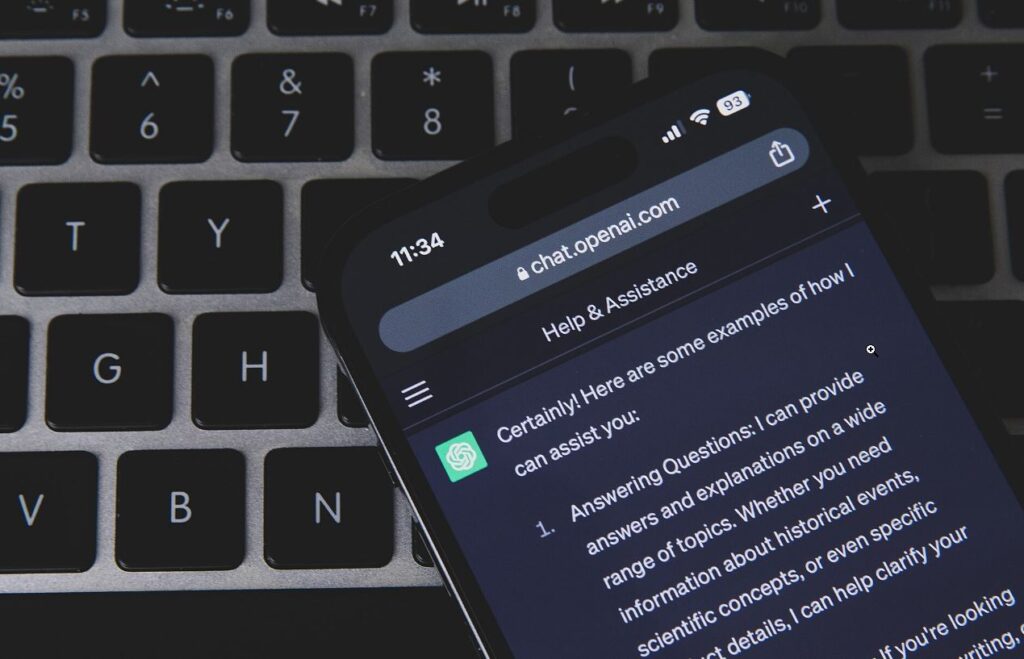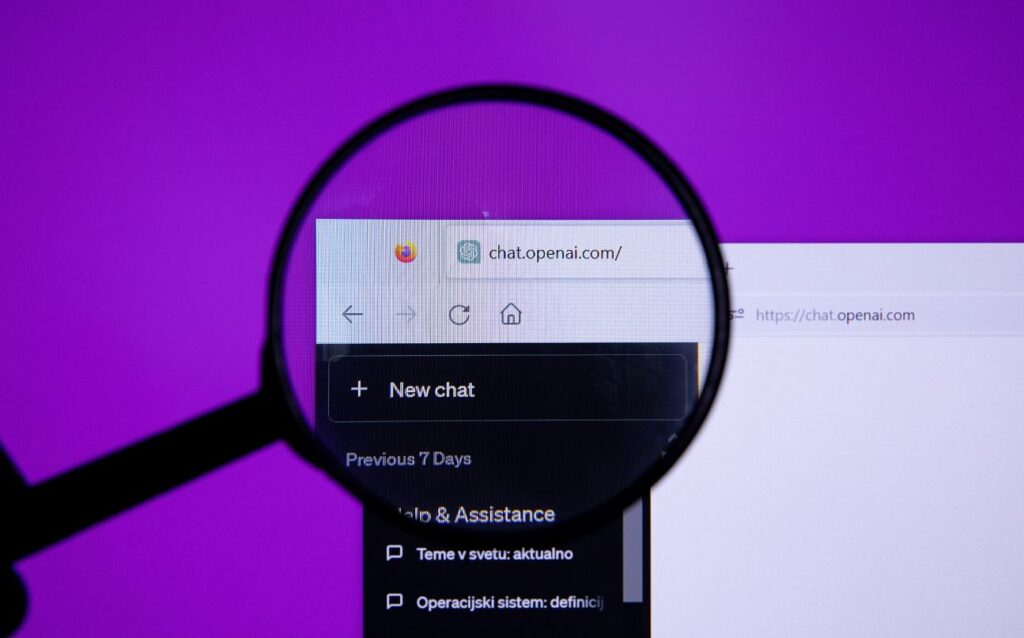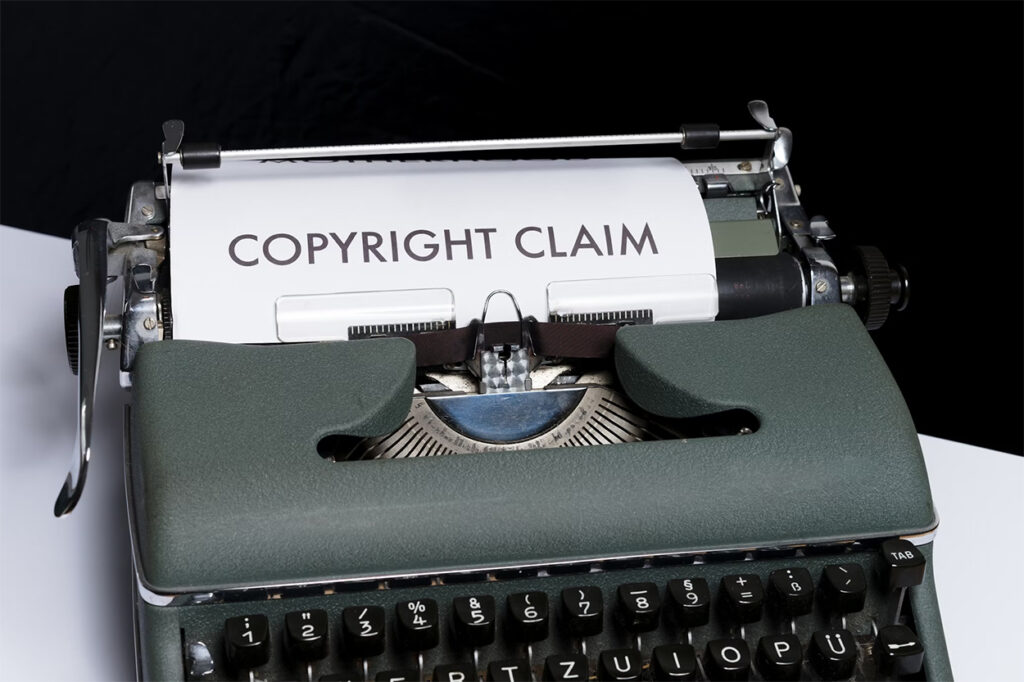Innovation or Infringement? The Copyright Challenge in Generative AI
In the digital age, generative artificial intelligence (AI) and copyright law have battled, upending traditions and prompting debate among creators, lawyers, and technologists. Generative AI may automatically generate content that blurs the lines between original and derivative work, implying that the legal system should address the ramifications for authorship, creativity, and culture. This developing picture necessitates a thorough examination of how copyright concerns influence AI technology development and use in order to maintain innovation while preserving intellectual property rights.
The Evolution of Generative AI and Copyright Concerns

Generative AI—from a niche technological marvel to a mainstream tool—has grown to pose important copyright questions. Content created by these systems, based on knowledge of large datasets that, in turn, contain copyrighted material, moves beyond the current common understanding of authorship and ownership. The developments in generative AI have raised several legal and critical issues about its outputs, especially those that look like the data on which it was trained. This development is contributing to rethinking of the copyright laws themselves in that the existing frame within which copyright laws operate can make room for the new issues presented by the AI-generated content.
Navigating the Legal Landscape: Copyright in the AI Era
Copyright laws, established in a pre-digital age, are now being tested by the capabilities of generative AI. It is the question that is going to haunt both legal scholars and practitioners: what exactly does one do with interpreting such laws in an AI age when the line between original and derivative work is so badly obfuscated? As courts around the world begin to grapple with cases dealing with AI-generated works, the setting is starting to be a bit more intricate. Some of the proceedings are setting precedents; that means the future of copyright in the digital age is going to have a fresh framework in which creators, consumers, and AI developers must be willing to abide.
Case Studies and Copyright Controversies in AI
Several high-profile case studies have highlighted the contentious nature of copyright in the realm of generative AI. Like, lawsuits have been filed against companies using AI for generating artwork or music that imitate famous artists. The very fact that such cases become so numerous often leads to a raised question: does the work really have originality within it, or is a part of it derived from some other person’s copyrighted work? Thus, these controversies are not only putting the legal boundaries to test but are also launching a debate in the public realm about this ethical tussle that AI is bringing to the creative sphere.
Ethical and Legal Considerations for AI Developers and Users

When it comes to employing AI to produce content, developers and users face a maze of ethical and legal challenges, yet this is driving innovation and even democratization. You must follow copyright laws and respect the rights of the original artists. Thus, ethical AI development necessitates either training the AI model with lawfully obtained data or ensuring that the outputs do not breach copyright rules. Users of such content should be informed that AI-generated content has legal concerns, particularly for commercial purposes.
The argument about generative AI and copyright illustrates a critical digital age issue: the need to reconcile innovation and legal constraints. To complement the creative process and AI progress, technology pushes copyright reform. However, the process that, like an upward spiral, seeks ever-widening paths through legal, ethical, and practical terrains emphasizes the collective responsibility to create an environment in which technological progress and artistic integrity can coexist peacefully, allowing for ethical and responsible AI use.
